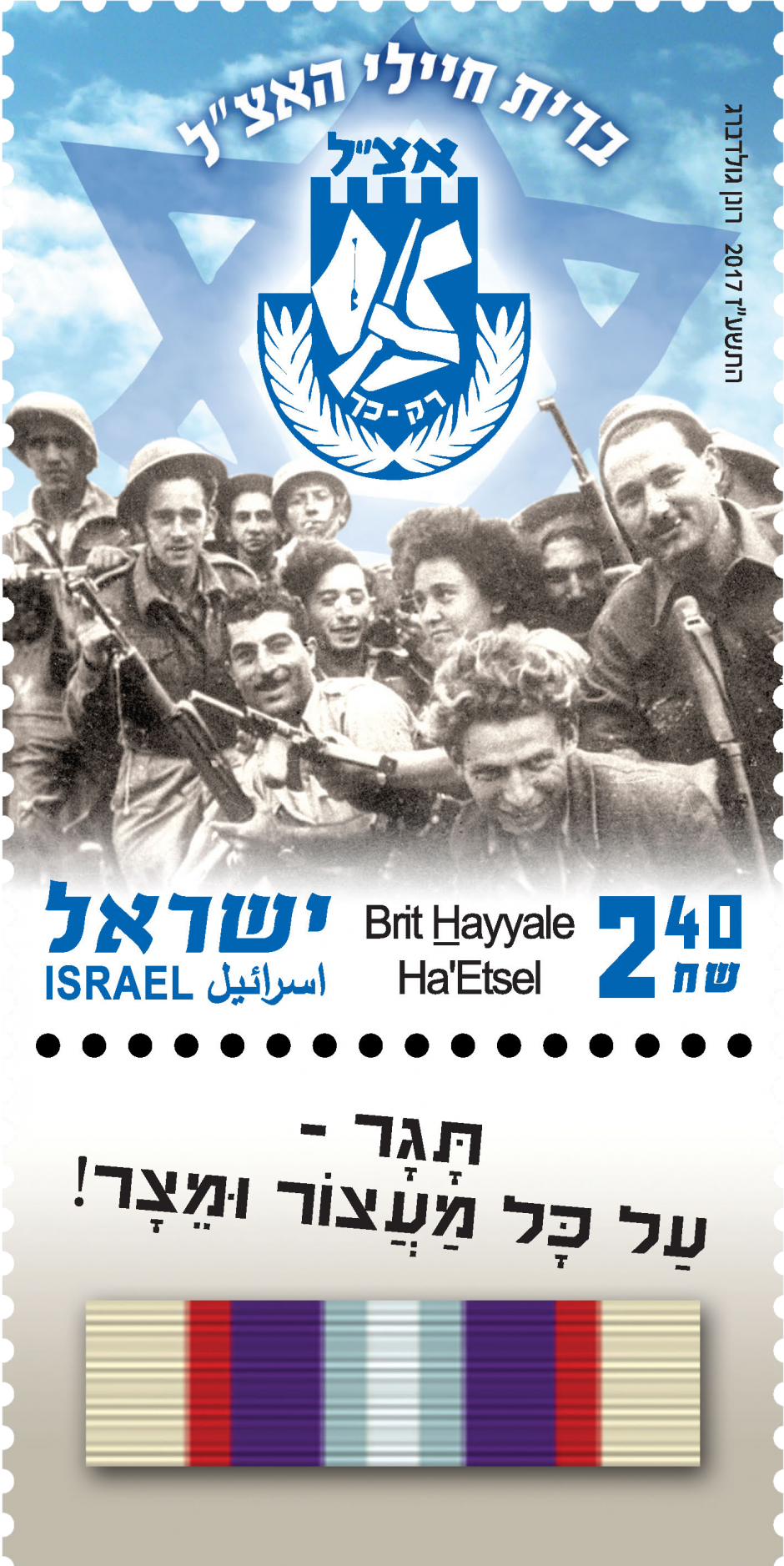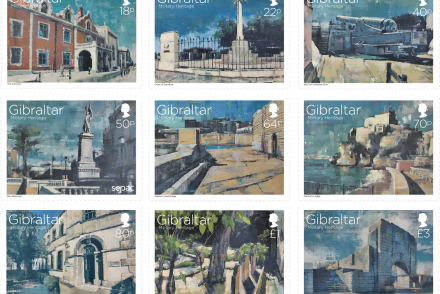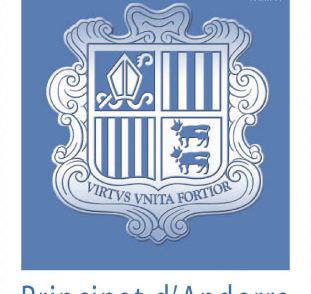Brit Hayyale Ha’Etsel
BUY NOW ON WOPA+
Israel –The National Military Organization in Eretz Israel (Etsel) broke away from the Haganah paramilitary organization in the spring of 1931. In the years before the establishment of the State of Israel in 1948, the organization operated clandestinely against Arab rioters during the revolt of 1936-1939 and took part in “Nonetheless” operations together with the Revisionist, Betar and HaTzohar groups to rescue European Jews before and during WWII. Members in Poland fought against the German enemy in the ghettos and took part in the Warsaw Ghetto uprising in 1943 as part of the Jewish Military Union, led by Pawel Frankel. Members in Eretz Israel were recruited to fight against Germany as volunteers in the British military. Etsel commander David Raziel was killed in the line of duty in Iraq on May 20, 1941. In February 1944 the Etsel, led by Menachem Begin, waged a campaign against the British authorities and government policy in Eretz Israel. Members were suppressed from within by the Haganah, but obeyed their leader’s decree never to take up arms against their brethren. Together with the Haganah-Palmach and Lehi, Etsel fighters, and especially those sentenced to death by hanging by the British Mandate courts, contributed to the establishment of the State of Israel. On July 13, 1980, the anniversary of the death of Etsel military leader Ze’ev Jabotinsky, Prime Minister Menachem Begin spoke at Mount Herzl in Jerusalem of those who fought both overtly and clandestinely: “… with their blood they sprouted the tree of freedom for their People, with their bodies they paved the way to the mountaintop”.
The Brit Hayyale Ha’Etsel organization (est. 1983) is committed to commemorating the memory of the fighters throughout the generations and to preserving their legacy.
Goals: to organize former Etsel members within a non-partisan social framework, encourage historical research, literary works and documentation to endow the legacy of the Etsel and its fighters. From the start, the organization has worked to achieve government recognition of the Etsel’s contribution to national liberation, defense of the Jewish Yishuv in Eretz Israel against Arab rioters and the struggle against the British authorities and against the Arab armies during the War of Independence. The Alliance (“Brit”) works to have the Etsel’s fallen, injured and missing declared as fallen IDF soldiers.
The organization worked to erect a memorial monument dedicated to the Acre prison escapees, to those who fell during the Altalena Affair and to
those hanged on the gallows by the British. It has also established the Etsel Museum and the Etsel Museum 1948 named after Amichai Paglin (Gidi) in Tel Aviv-Jaffa in collaboration with the Ministry of Defense, as well as the Etsel Museum in Jabotinsky Shuni Park in Binyamina and the monument commemorating the 51 Etsel members who fell in the battle for Ramlah in 1948. The organization also conducts memorial services and holds services commemorating the fighters in the Etsel plots in cemeteries around Israel. The operations of the Brit, including documentation, publishing and film production, expose the public to the heroism of the Etsel fighters at the dawn of our independence.
Yosef Kister
Jabotinsky Institute historical consultant and researcher
Issue Date: 07.02.2017
Designer: Ronen Goldberg
Illustrator: Jabotinsky Institute in Israel
Printer: Cartor Security Printing, France
Process: Offset
Size: 40 x 30 mm
Values: NIS 2.40




